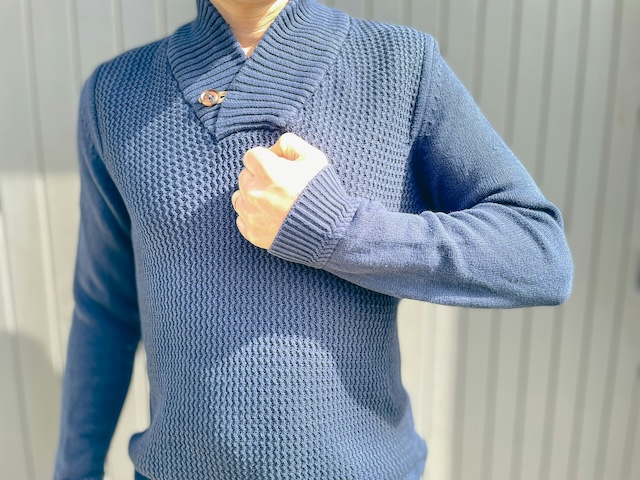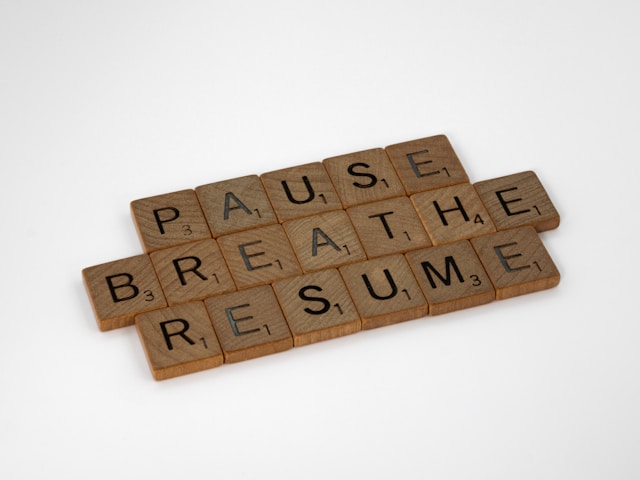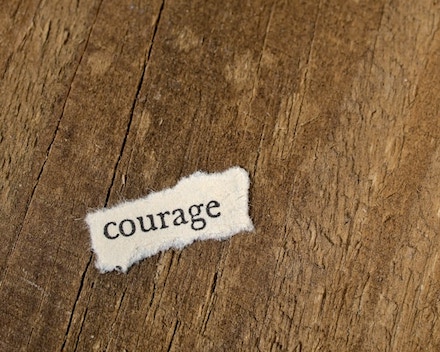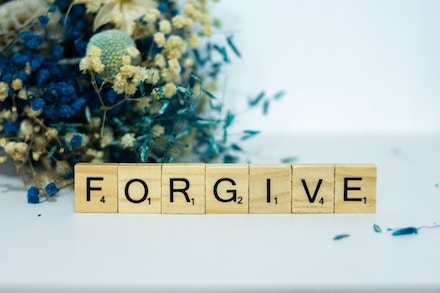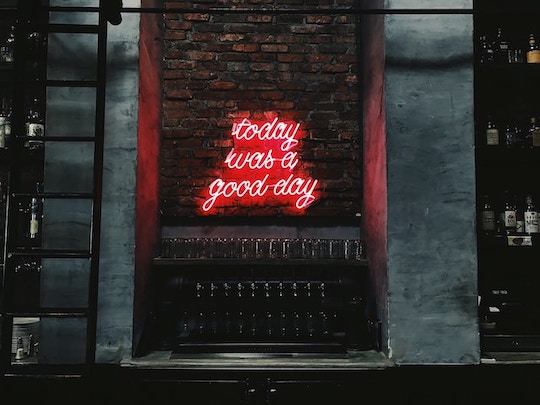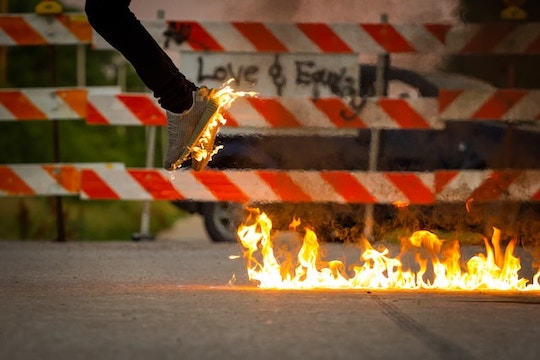“Go at it boldly, and you’ll find unexpected forces closing around you and coming to your aid.”
—Basil King, American painter and writer
Bold action calls forth the invisible. When you move forward with conviction — before you feel “ready” —something shifts in the world around you. People appear. Opportunities surface. Momentum builds.
The timid wait for clarity; the bold create it.
Life rewards motion, not hesitation.
Courage doesn’t eliminate fear — it transforms it into fuel.
Those “unexpected forces” are faith, alignment, and the power of commitment meeting you halfway. So, stop tiptoeing toward your dreams, step into them with both feet.
The universe may just rush in to meet your stride.
EXERCISE:
State a specific, time-bound commitment publicly so that others know exactly what you are building or changing.
This clarity invites accountability, advice, and support from people who resonate with your direction and goals.

